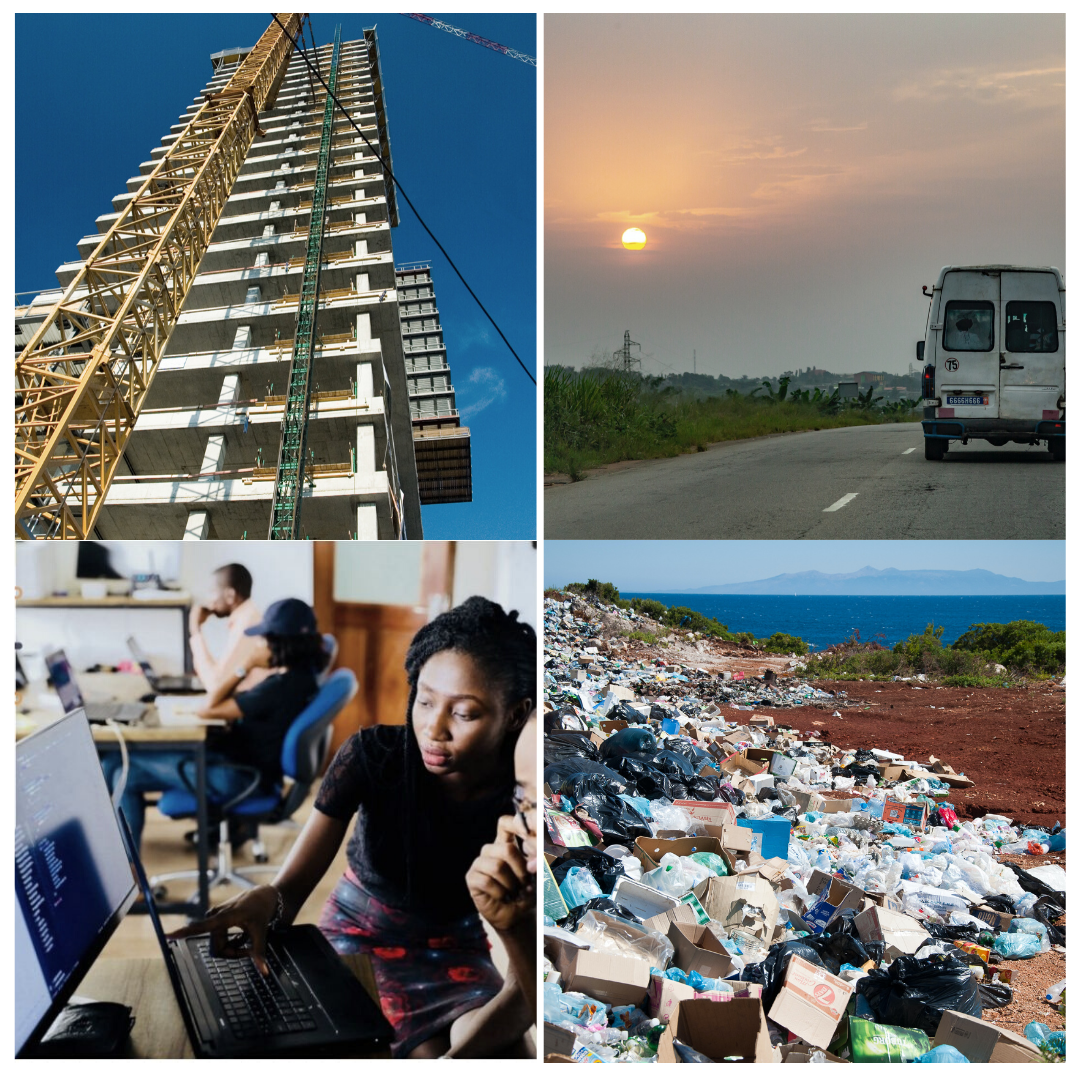
Lessons from the 1st Round of Climate Chance’s Virtual Workshops
Climate Chance draws lessons from the first round of Virtual Workshops that took place from July to the end of October. What are the impacts of the Covid-19 pandemic on the work of African coalitions? What lessons can be learned? Discover the outcomes below :
The first cycle of Climate Chance Virtual Workshops: a great turnout of members of the African Coalitions
Climate Chance decided to create a Series of Virtual Workshops in resposonse to the Covid-19 outbreak and the absence of an in-person event to convene all members of the 9 thematic coalitions.
« A space for meetings, exchanges and the sharing of good practices between coalition members »
A great turnout of coalition members: over 1,500 participants in total representing 103 countries including 45 African countries, 22 from Europe, 24from Asia and Oceanie, and 12 from the Americas. On average, per workshop, 63% of participants were French-speakings and 37% anglophones. 13 different types of stakeholders were represented covering all 9 major groups of the UNFCCC, as well as members of national governments, parlementarians, press etc.
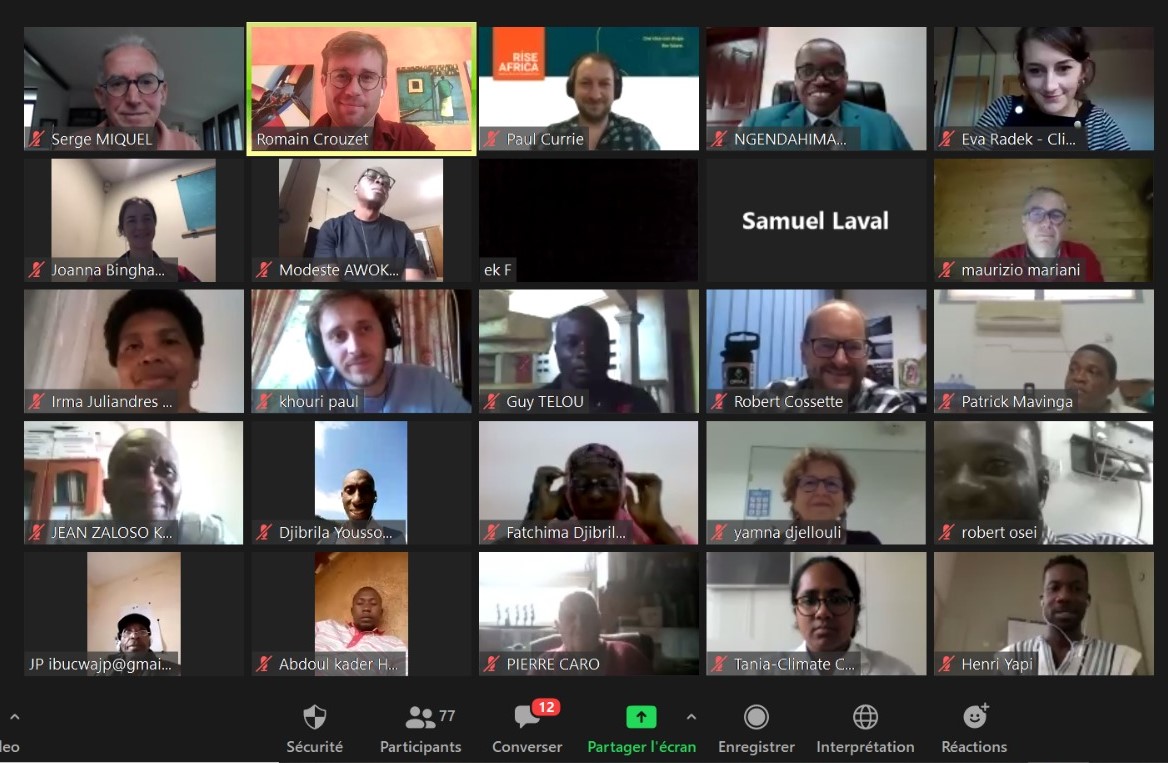
Continuity of climate action among African coalitions in a pandemic-affected world
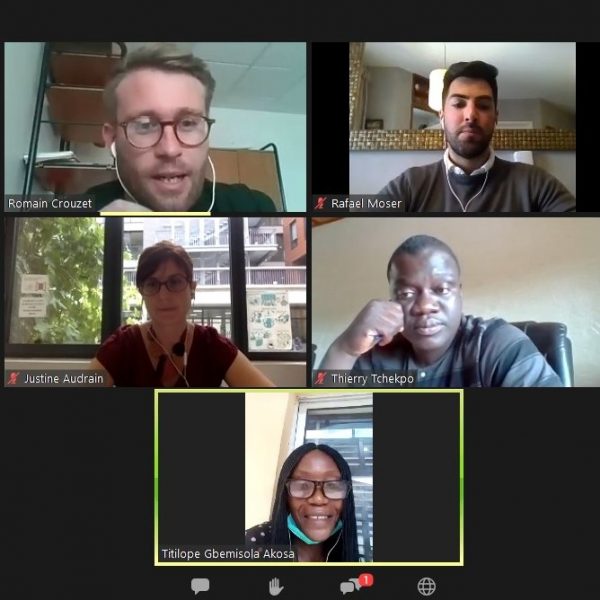
Virtual Workshop #2 : Access to climate finance in Africa
Some eye-opening sectoral trends came out of our Virtual Workshops. The Coalition working on Access to climate finance discussed how most organisations fastly put in place responses to Covid-19 during the first weeks of the pandemic. Concerning funding issues, it seems actors were already having difficulties finding appropriate funding for climate change even before the sanitary crisis struck, so it was seen as an additional obstacle.
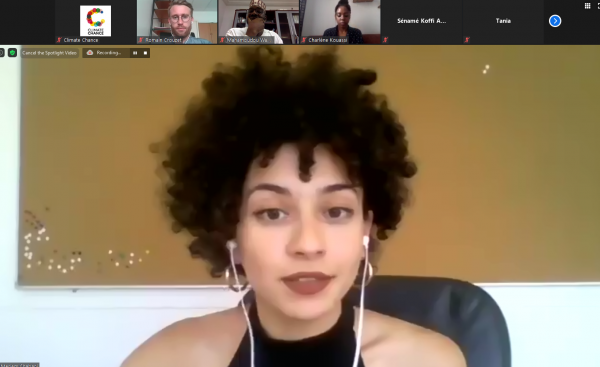
Virtual Workshop #3 : Urban planning and sustainable cities in Africa
In our third virtual workshop on sustainable cities, actors also highlighted this intensified struggle that came with the pandemic: Covid-19 underlined already existing inequality in housing and mobility for example. There is “a need to incorporate local design materials and locally sourced building material” according to Meriem Chabani. Joining more specific networks like the MTPA was put forward as another solution.
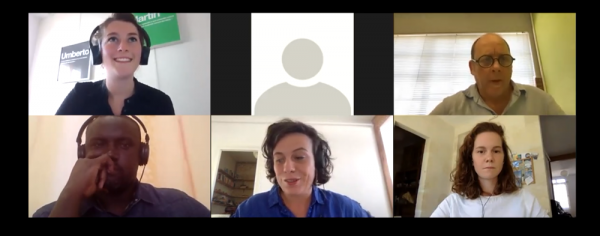
Virtual Workshop #4 : Sustainable agriculture and food
Sustainable food and agriculture was a major topic for this first round of workshops, to be look into with an emphasis on “food systems”. Our Virtual Workshop #4 co-organised with Let’s Food Cities dedicated to this topic, made it evident that Covid 19 highlighted existing mainstream food supply chains and that the following actions could spark meaningful and sustainable change: creating direct connections between farmers and consumers through the distribution of food baskets.
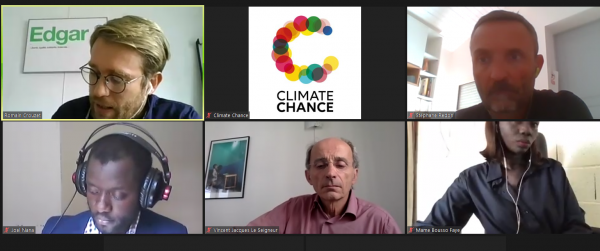
Virtual Workshop #5 : Access to Energy in Africa
In the African Energy sector, as discussed in the fifth workshop, having more local networks of actors has proven to be more resilient to international shocks, and less affected by lockdowns and border closures. There is a need to integrate renewables into the system, while also increasing access to energy itself.
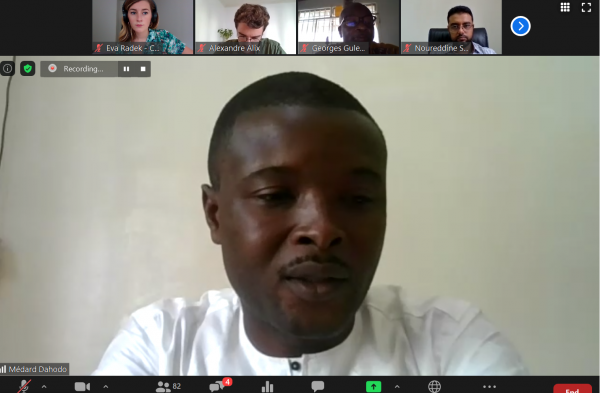
Virtual Workshop #6: Adaptation and Water in Africa
The adaptation and water themed workshop was co-organised with the French Water Partnership. It highlighted on-the-ground projects, ranging from Integrated Water Resource Management projects to Waste Water recycling ones, showing the progress already being made. These projects also highlighted the importance of local, technical expertise and the co-benefits to the localities arising from these projects.
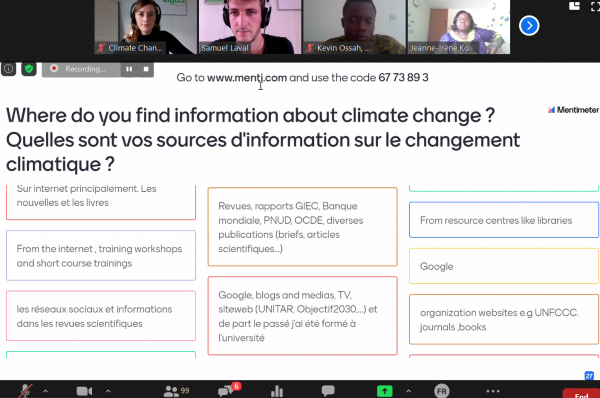
Virtual Workshop #8: Education and training on climate change in Africa
On the topic of education and training on climate change, the workshop highlighted the vast space for potential action, as well as the immense interest from actors. The gap appears to have been in the fact that information on climate change was not integrated into school curricula, though this has been changing. The activities conducted by the coalitions members, including RAEDD, OJEDD, Page Vert and others are proof of this.
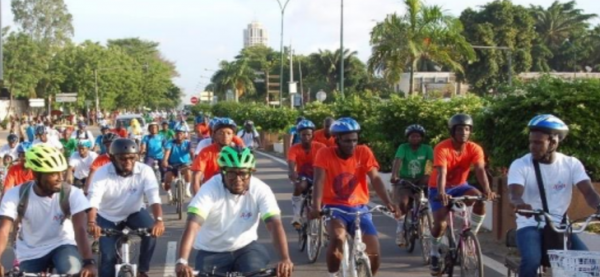
Virtual Workshop #9: Sustainable Mobility in Africa – Example of the Roadmap for Sustainable Mobility in Côte d’Ivoire
Taking a slightly different pace from the other workshops, the one on mobility and transport shed light on the Sustainable Mobility Roadmap for Cote d’Ivoire, how it draws from PPMC’s Global Macro Roadmap, and is adapted to the Ivorian context as a result of multi-stakeholder collaboration. The replicability of the model was also discussed, with mounting interest in creating similar roadmaps in Senegal, Nigeria, and Jordan, among other countries.

Virtual Workshop #10: Buildings and construction in Africa
In partnership with the UNEP, GlobalABC and the IEA, the workshop on buildings and construction launched the Regional Roadmap for Buildings and Construction in Africa. The session highlighted the urgent need for sustainability in the sector, given the fact that floor area constructed by 2050 is going to double, and the rapid urbanisation and economic development of Africa intensifies this. A regional roadmap identifies common goals as a starting ground, to build more sustainable, resilient and people-centred cities.
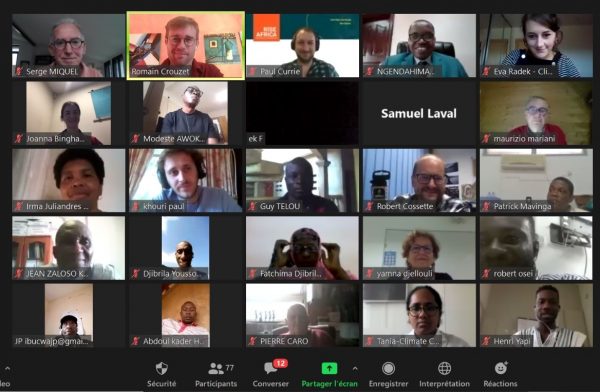
Virtual Workshop #11 : Circular Economy in Africa
The last Virtual Workshop was dedicated to the newest coalition: the one on circular economy. During this Virtual Workshop, key actors quickly pointed out the importance of defining a specific roadmap by highlighting several major sectors of the circular economy in Africa: waste, agriculture, transport and construction. Members identified opportunities for this model of development which would allow Africa not to repeat the same mistakes as « industrialized » countries.
Results from feedback survey:
A word cloud of the most frequent responses to the question on takeaways is presented below. Of those who took the survey, a majority 84.6% responded that the sessions were interactive.
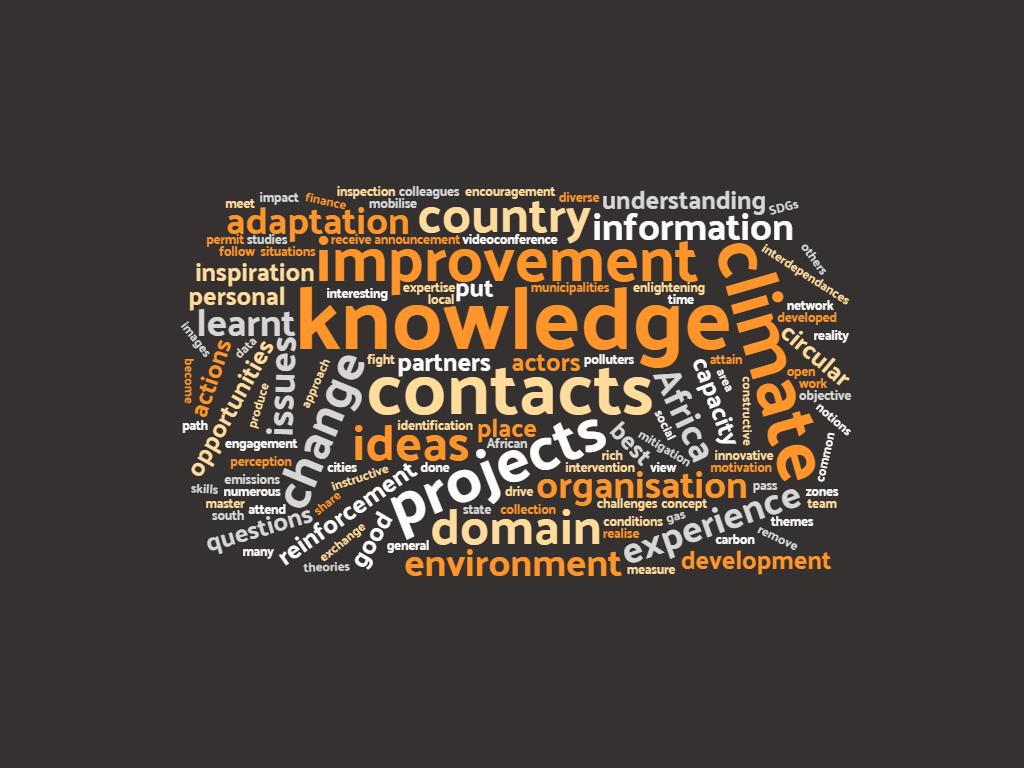
The Way Ahead: a second round of Virtual Workshops to come in 2021
Climate Chance plans to organise a second cycle of these Virtual Workshops in 2021. While the objective of the first cycle of Virtual Workshops was to reconnect with each other, this second cycle should allow members of African thematic coalitions to move forward with their sectoral roadmaps and work on concrete sector-specific objectives and solutions.
In the second cycle, emphasis will be put on the continuity of climate action, still in the context of pandemic. The co-pilots of the coalitions will therefore be in charge of carrying out reflections on the readaptation of the roadmap objectives to current contexts and the creation of key messages to bring to COP26 in November 2021.


